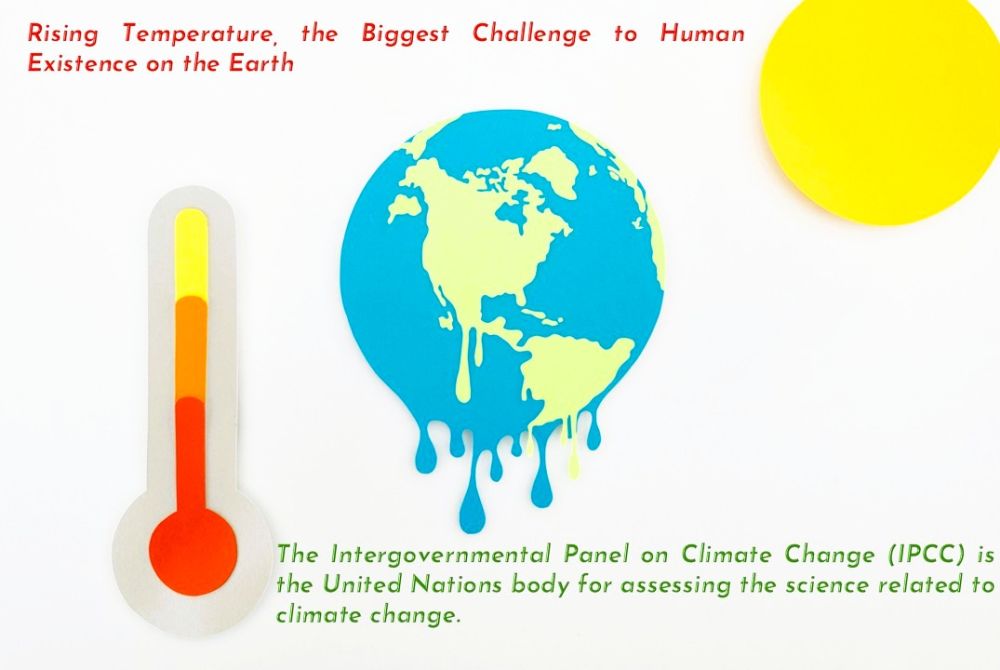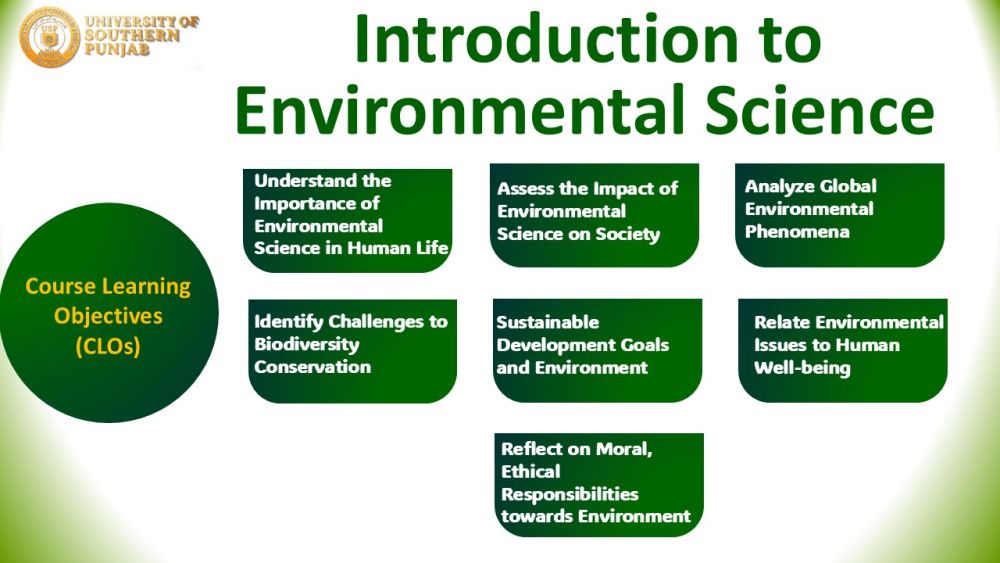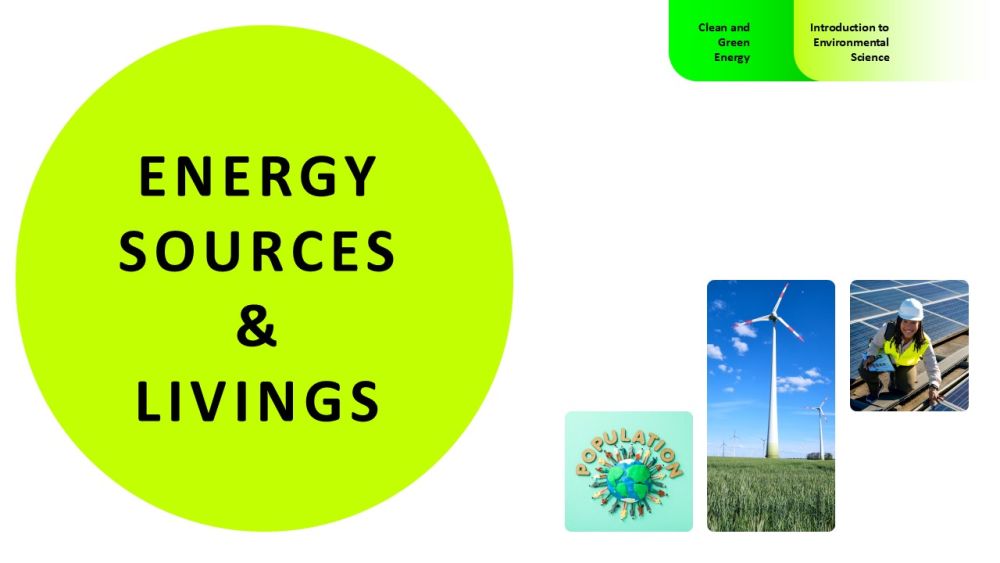09/25 🌍 What is the Role of IPCC in Controlling Global Warming?
Posted 7 months ago
Since its founding in 1988, the Intergovernmental Panel on Climate Change (IPCC) has become the world’s authority on climate science. The United Nations Environment Programme and the World Meteorological Organization established the IPCC. Its job is to give governments the best scientific advice about climate change. This advice helps leaders make wise decisions based on factual scientific information.
IPCC is a Global Effort
With 195 member nations, the IPCC is far from a solitary think tank. Instead, it’s a cooperative of governments and scientists working together to build the clearest picture possible of our changing world.
Science Without the Lab
It’s essential to understand that the IPCC doesn’t conduct original experiments or climate modeling. Its role is to review and synthesize existing scientific studies, thousands of them distilling complex research into clear, consensus-based insights.
A Herculean Review Process
IPCC reports are crafted through:
- Volunteer scientists, from Coordinating Lead Authors to early-career chapter scientists.
- Multiple draft layers, reviewed by experts globally.
- Line‑by‑line vetting of summaries by authors and government representatives ensures precision and balance.
This is often called one of the most extensive peer-review processes ever.
The Reporting Framework of IPCC
IPCC’s outputs come in three major formats:
- Assessment Reports (~every 5–7 years): These include three in-depth Working Group reports (Covering Physical Science, Impacts/Adaptation, and Mitigation), followed by an integrated Synthesis Report
- Special Reports: On targeted themes like 1.5 °C warming or land use.
- Methodology Reports: Offering updated guidance for national greenhouse gas reporting.
The Global Impact - From 1.5 °C to COP28
The IPCC’s Sixth Assessment Cycle wrapped up in 2023 with the release of the Climate Change 2023 Synthesis Report (AR6), a key reference point for global climate talks at COP28 in Dubai. Earlier in the cycle, the IPCC published landmark Special Reports in 2018 and 2019, one of the most influential being the 1.5 °C Global Warming Report. This report warned that a rise of 1.5 °C above pre-industrial levels, once considered relatively safe, would bring serious risks: stronger heatwaves, rising sea levels, disappearing coral reefs, and threats to food and water security. It emphasized that staying below this limit requires rapid, far-reaching changes in energy, transportation, agriculture, and land use. These findings shifted global conversations, pushing governments and industries to rethink what’s needed to avoid the most dangerous climate impacts.
What Lies Ahead: AR7
The Seventh Assessment Cycle of the IPCC officially started in July 2023, with planning meetings held in Bangkok, Thailand, and Istanbul, Turkey, to decide what topics the new reports will cover. Over the next several years, three primary working groups will prepare detailed reports and focus on the physical science of climate change, its impacts and risks, and how to reduce emissions. These reports will be released gradually throughout the late 2020s. The final summary, Synthesis Report, is expected to be published by 2029, bringing together all the key findings to guide global climate action.
Why It Matters?
- For policymakers: IPCC reports serve as the definitive scientific foundation for climate policy-making, from the Kyoto era through the Paris Agreement and beyond.
- For society: They clarify where scientists agree, highlight uncertain areas needing research, and outline realistic mitigation and adaptation strategies.
The IPCC holds key influence over frameworks such as the UNFCCC, shaping the direction and outcomes of these crucial discussions. Its role is instrumental in guiding global climate action.The IPCC is the world’s most trusted source of climate science information. It doesn’t issue directives but lays the groundwork for every major climate decision by offering universal, science-based clarity. Its extensive global collaborations, rigorous analysis, and unwavering transparency ensure that humanity confronts one of its most significant challenges with the most reliable and credible information.




